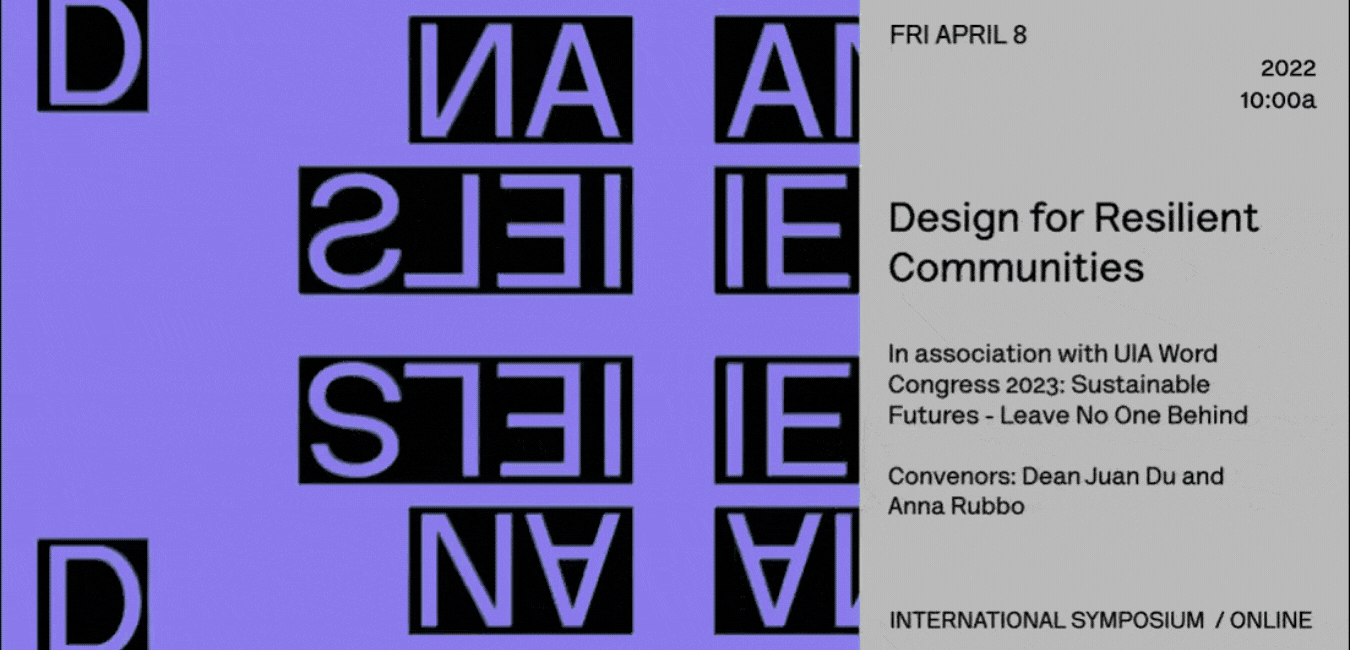
Design for Resilient Communities International Symposium
-
Click here (Zoom link) to register.
In association with
UIA World Congress 2023: Sustainable Futures — Leave No One Behind
The Symposium will be streamed live.
From climate change to political turmoil, the world is facing unparalleled challenges, and a resilient community anticipates, adapts to, and recovers from adversity. The Design for Resilient Communities Symposium, to be held at the John H. Daniels Faculty of Architecture, Landscape, and Design at the University of Toronto, will bring together designers, practitioners, scholars, educators, and activists to discuss how design can contribute to building strong and adaptable communities by encouraging innovative solutions and facilitating the development of knowledge and skills necessary for endurance and recovery.
This Symposium also launches a “Call for Engagement” with the 2023 Union of International Architects World Congress, which has adopted the theme of Leave No One Behind and aims to “promote, discuss, create and showcase architecture as a vital tool to help achieve the UN 17 Sustainable Development Goals (SDGs) by 2030.”
The 17 UN SDGs adopted by 193 countries offer an inclusive roadmap to a more sustainable future. A key issue for the Design for Resilient Communities thematic panels for UIA23 is: How can the global initiative of the SDGs be localized in communities around the world?
Organized as three dialogues with short presentations, plus Q and A sessions, the Symposium will host an array of international and local contributors who will share their knowledge about design, research and practices that contribute positively to building resilient communities – with and for people. Design for resilient communities requires interdisciplinary approaches to articulate these cross-sectoral issues, as well as informed co-design partnerships to achieve community-driven solutions.
Symposium Panels and Speakers:
10 a.m.–10:10 a.m. | Introduction (10 minutes)
10:10 a.m.–11 a.m. | Panel 1: Global and Local (50 minutes)
11 a.m.–11:50 a.m. | Panel 2: People and Resiliency (50 minutes)
11:50 a.m.–12:40 p.m. | Panel 3: Community and Housing (50 minutes)
12:40 p.m.–1 p.m. | Concluding Discussion (20 minutes)
All times are in Eastern Daylight Time.
Panel 1: Global and Local
Question: How could the adaptation or integration of international initiatives, such as the SDGs, provide interdisciplinary knowledge and tools to address urgent local needs for resiliency and specific regional inequalities, as well as the ability to work collaboratively with communities?
Andrew Rudd (Urban Environment Officer, UN Habitat, New York)
Supriya Thyagajaran (Principal and Executive Director, Perkins Eastman, Mumbai)
Elizabeth Dori Tunstall (Dean of the Faculty of Design, OCAD University, Toronto)
Panel 2: People and Resiliency
Question: How can participatory and inclusive design engage with the daily life and challenges of communities, and improve their capacity to withstand, adapt or recover from adversity that may arise from social, cultural, economic, political, or climate-change events? Can the SDGs help?
Jennifer van den Bussche (Founder & Director of Sticky Situations, South Africa)
Alexander Boakye Marful (Senior Lecturer, Kwame Nkrumah University of Science and Technology (KNUST), Kumasi, Ghana)
Linda Zhang (Assistant Professor at X University School of Interior Design, Toronto)
Panel 3: Community and Housing
Question: How could practitioners, researchers, and policy makers engage with the communities-in-need to seek solutions toward housing that is affordable, accessible, healthy, safe, sustainable, well-designed, and proximate to civic amenities? Can the SDGs help?
Theresa Williamson (Director, Catalytic Communities, Rio de Janeiro)
Jed Long (Co-Founder and Project Director, Cave Urban, Sydney)
Matthew Hickey (Partner, Two Row Architect, Toronto)
Symposium Convenors and Moderators:
Juan Du (Dean and Professor, University of Toronto, Daniels Faculty)
Anna Rubbo (Senior Scholar, Columbia University, Center for Sustainable Urban Development, The Earth Institute in the Climate School)
NB: The Symposium convenors invite contributions on the topic of Design for Resilient Communities for the 2023 UIA Congress in Copenhagen. Click here for information on the sub-questions to be explored, and here for submission formats and dates.
Speaker Biographies:
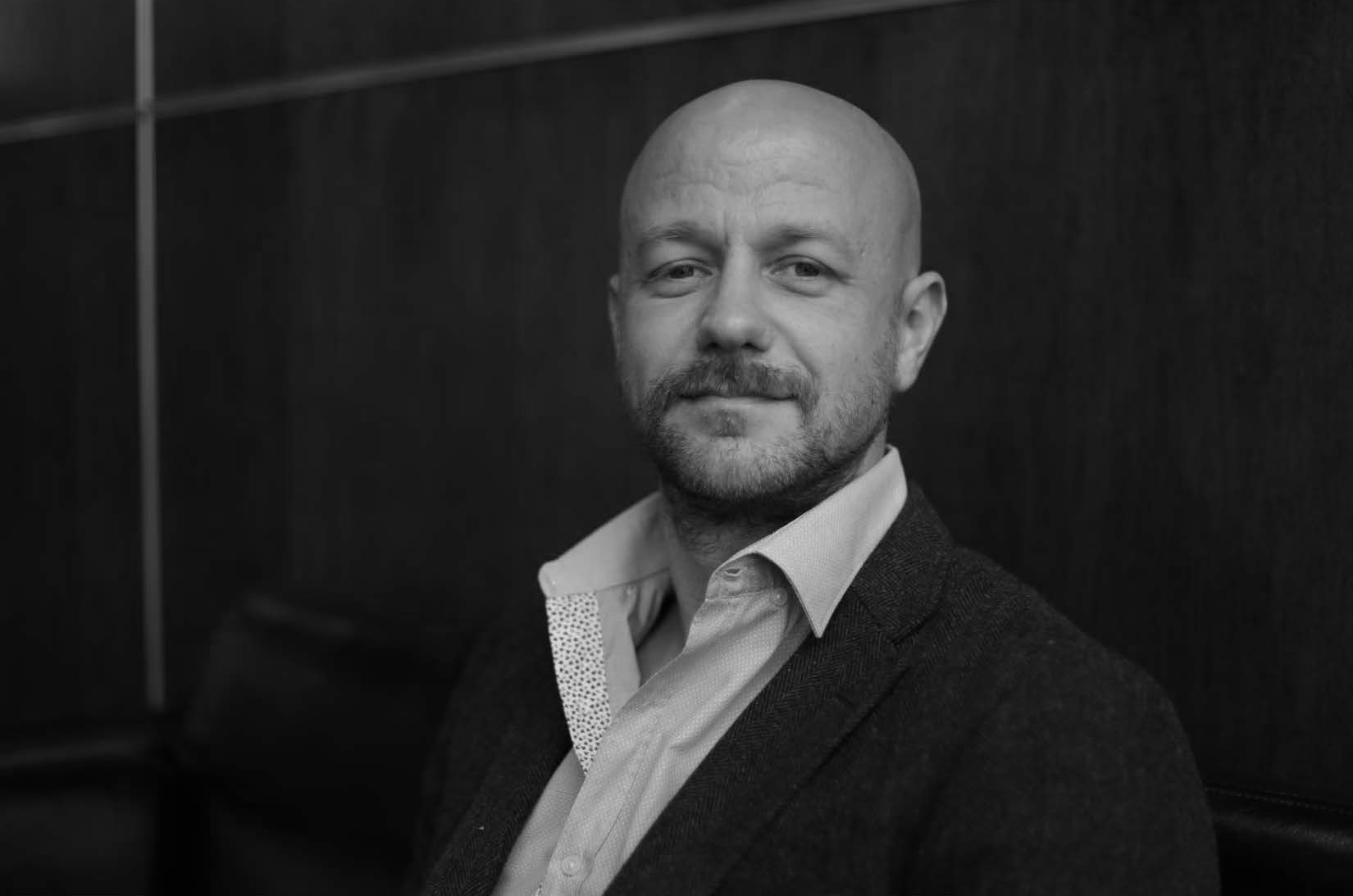
Andrew Rudd is a Human Settlements Officer in the Programme Development Branch at UN-Habitat. An architect and urban designer by training, he helped secure SDG-11 and has managed urban environment projects in more than 25 countries. He is also co-author of A New Pattern Language for Growing Cities and Regions and The Quito Papers and the New Urban Agenda.
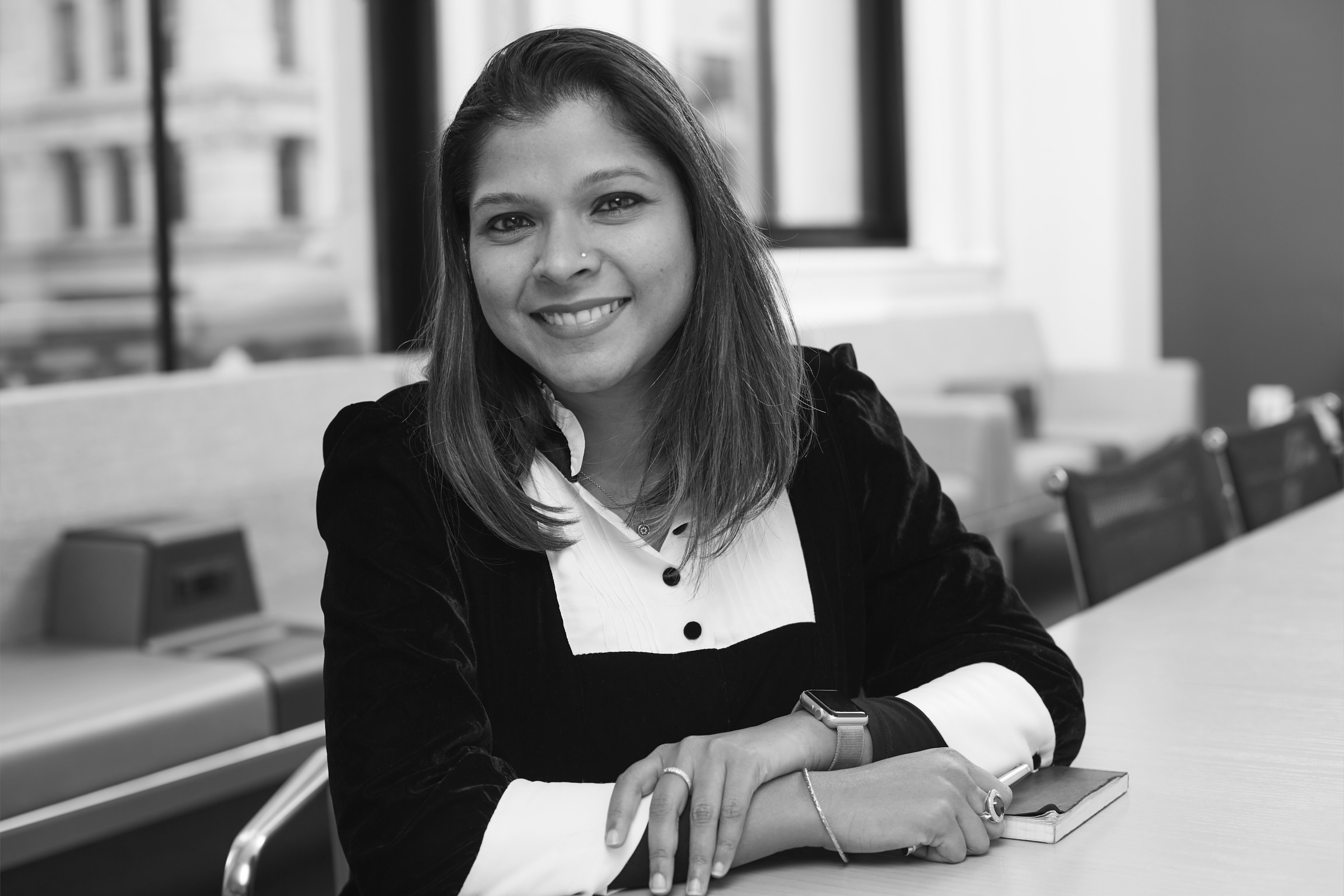
Supriya Thyagarajan has studied architecture at Kamala Raheja Vidyanidhi Institute of Architecture and Environmental Studies in Mumbai and Construction Economics and Management at University College London, UK. With more than 18 years of experience working in India and the United Kingdom, she brings expertise in higher education and planning to projects with major clients across Southeast Asia and globally. Thyagarajan has been instrumental in the growth and success of the international architecture and design firm Perkins Eastman’s Mumbai studio and has been recently promoted to the executive committee. She is passionate about women mentorship and has been championing initiatives in the firm and the region.
Elizabeth (Dori) Tunstall is a design anthropologist, public intellectual and design advocate who works at the intersections of critical theory, culture and design. As Dean of Design at Ontario College of Art and Design University, she is the first Black and the first Black female dean of a faculty of design. She is a recognized leader in the decolonization of art and design education. Prior to joining OCAD University, Tunstall served as associate professor of design anthropology and associate dean at Swinburne University in Australia. She also wrote the biweekly column Un-Design for The Conversation Australia. In the U.S., she taught at the University of Illinois at Chicago, organized the U.S. National Design Policy Initiative and served as a director of Design for Democracy. Industry positions have included UX strategists for Sapient Corporation and Arc Worldwide. Tunstall holds a PhD in Anthropology from Stanford University and a BA in Anthropology from Bryn Mawr College.
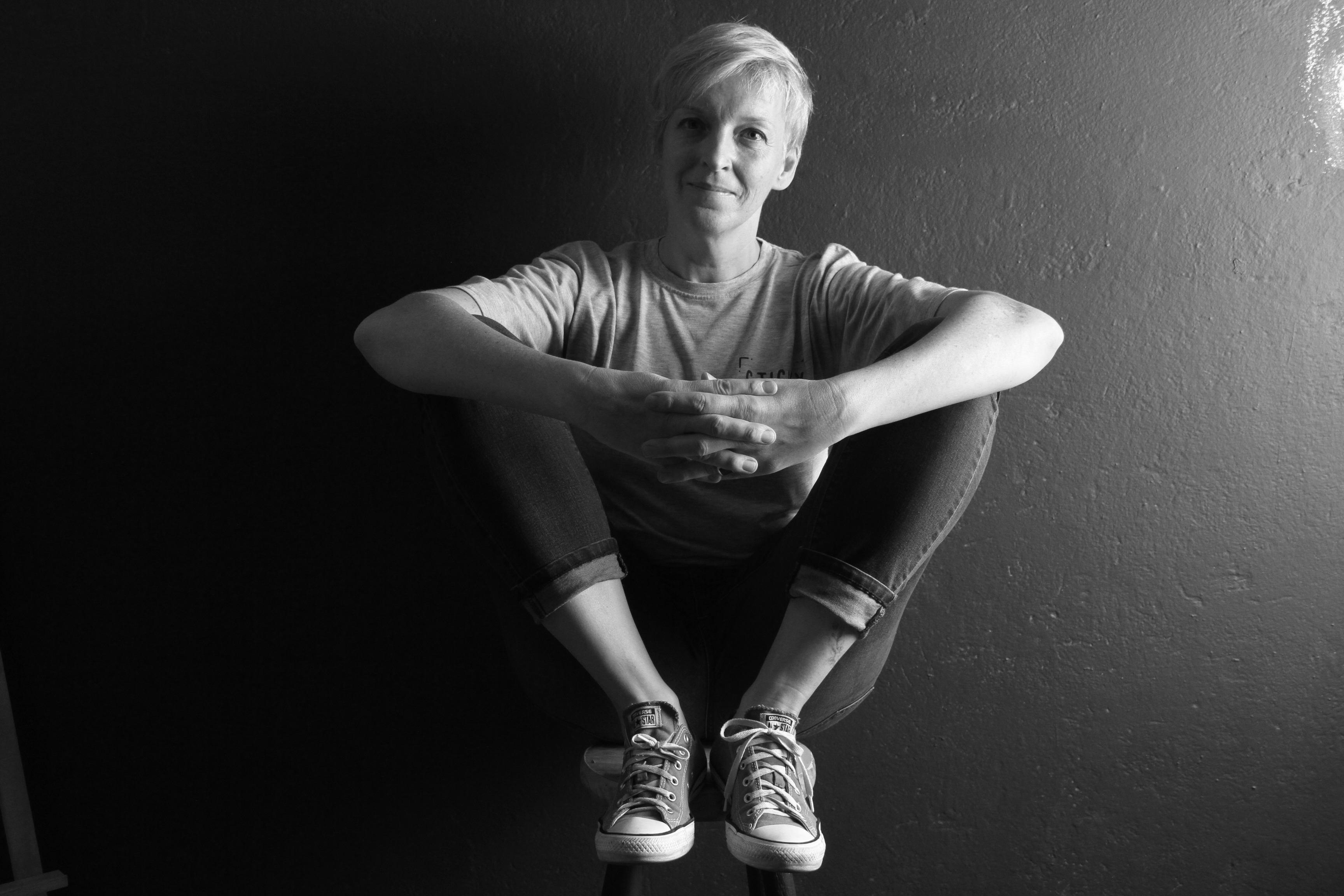
Jennifer van den Bussche is founder and director of Sticky Situations. A project manager with over 25 years of experience in construction, implementation, community development and research, she has a solid background in project implementation and management using collaborative and participatory methodologies to achieve project aims. She studied Architecture and has a Masters degree in International and Community Development from Deakin University and is a research affiliate of the Earth Institute at Columbia University’s Centre for Sustainable Urban Design (CSUD) in New York. Van den Bussche believes in the power of community to create sustainable change, and that only by working together can positive outcomes be achieved for the spaces and places we work in.
Alexander Boakye Marful is an architect and infrastructure planner with more than 20 years of professional experience. He completed his PhD in Energy Efficient City Planning at the University of Stuttgart in Germany. Before the PhD, he graduated from the Master of Infrastructure Planning course, obtaining extra insight into integrated and regional planning. He is currently a senior lecturer in the Department of Architecture at Kwame Nkrumah University of Science and Technology in Kumasi, Ghana and a principal consultant at SPAYSIS Architecture, Planning and Engineering. Prior to that he was an infrastructure planning consultant for Fichtner GmbH & Co. KG in Germany, where he responsible for project development, master planning, analysis and management of large solar power plants financed by the World Bank, European Union and other reputable financial institutions. In addition, he has received, through various master-planning projects, knowledge in communities systems and development in the areas of urbanism principles, context evaluation, regeneration strategies and environmental and social impact assessment. He has working experience in Ghana, Germany, Kuwait, Uganda, Sudan, Malawi, South Africa and the U.S. His research areas and interests include: Fractal Geometry in the future of Afro-Green Architecture and Planning, Barrier-free Communities and Smart Cities, Infrastructure Planning for Community Development, Waterfront and Resilient Communities Planning and Design, and Food System Architecture and Planning. He is a member of the Royal Institute of British Architects (RIBA), the Ghana Institute of Architects (GIA), the African Good Governance Network (AGGN) and the International Society of City and Regional Planners (ISOCARP).
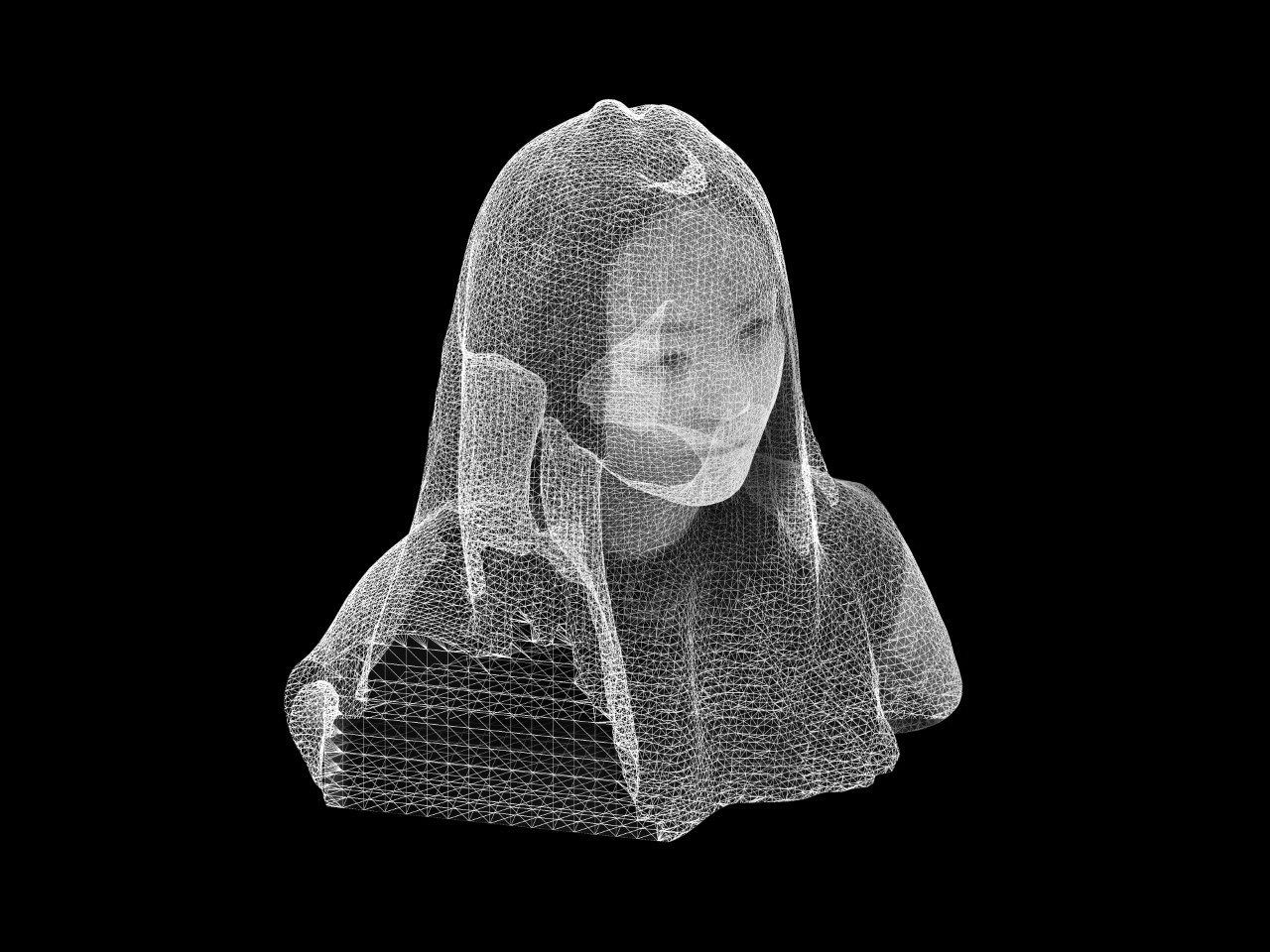
Linda Zhang is an assistant professor at the X University School of Interior Design, a visiting scholar at New York University’s Asian/Pacific/American Institute, the 2022 X University Library Researcher-in-Residence, and co-founding principal architect at Studio Pararaum. Zhang is a registered architect, certified interior designer, licensed drone pilot, artist and educator. Her design research and teaching explore the future of community memory and cultural heritage through emergent technologies like virtual reality, machine learning, and UAV 3D scanning alongside hands-on processes of making (like ceramic slipcasting) as a community practice.
Theresa Williamson, PhD, is a city planner and founding executive director of Catalytic Communities, an NGO working to support Rio de Janeiro’s favelas through asset-based community development. CatComm publishes RioOnWatch, an award-winning local-to-global favela news platform, and coordinates the Sustainable Favela Network and Favela Community Land Trust programs. In 2020 they launched the Covid-19 in Favelas Unified Dashboard data crowdsourcing initiative. Williamson is an advocate for the recognition of favelas’ heritage status and their residents’ rights to be treated as equal citizens. She received the 2018 American Society of Rio Prize for her contributions to the city and the 2012 NAHRO Award for her contributions to the international housing debate.
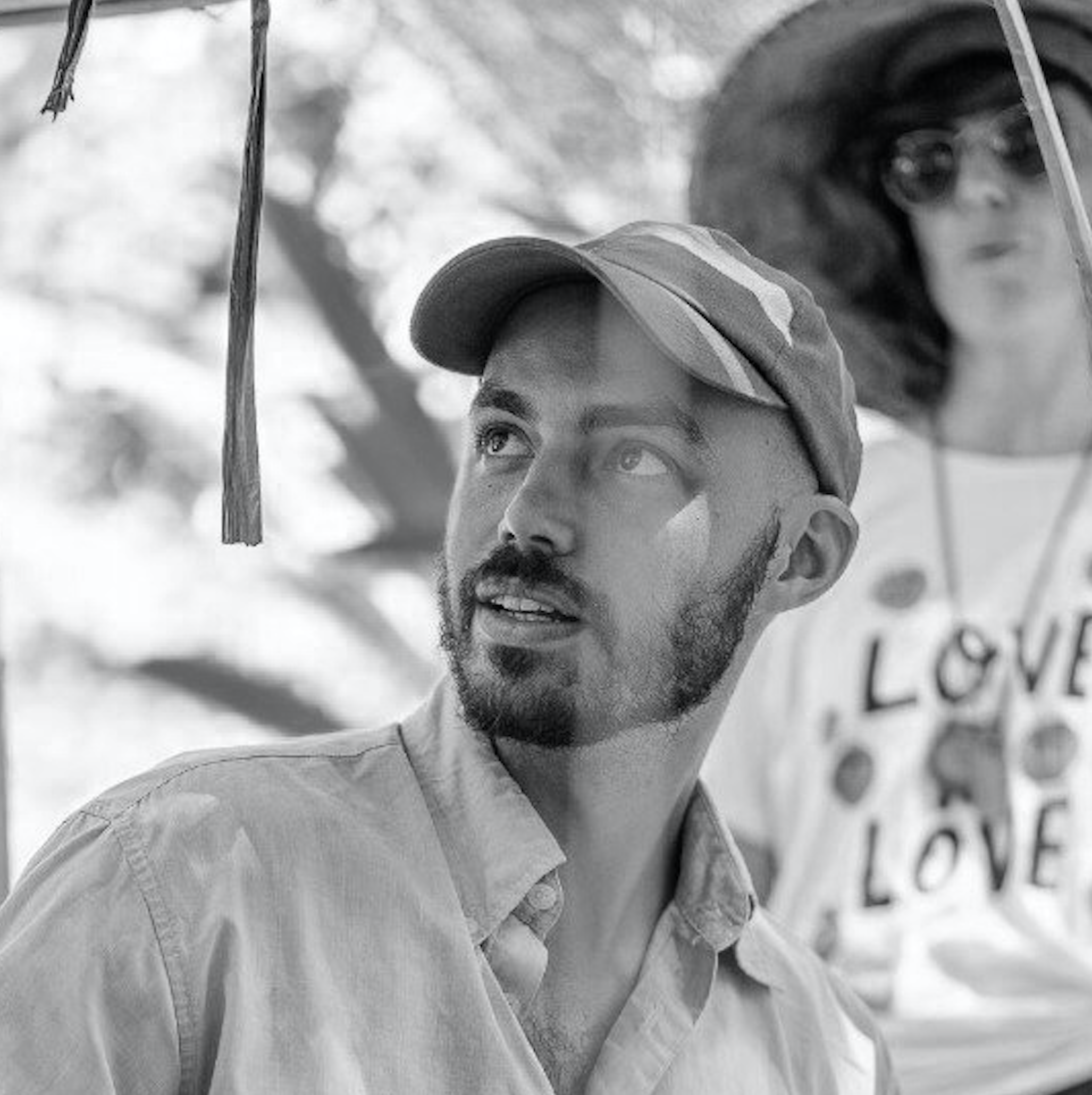
Jed Long is a co-founder of Sydney-based architecture collective Cave Urban alongside Nici Long and Juan Pablo Pinto. Utilizing the fluid relationship between art and architecture, Cave Urban explores, creates and tests new structural systems outside the confines of the architectural profession that emphasize community engagement and the continuation of vernacular tradition. Long sees collaboration as a key component of the design process and regularly consults and engages with a number of organizations including the Environmental Bamboo Foundation, Humanitarian Bamboo Project and various universities. His work ranges from community capacity building and social architecture to large-scale sculptural intervention and investigations into the capability of bamboo as an engineered laminate. A Churchill Fellow and current PhD candidate, Long is investigating the translation of traditional bamboo construction into contemporary building practice.
Matthew Hickey is a Kanyen'kehà:ka (Mohawk) Architect, belonging to the Six Nations of the Grand River First Nation. He has more than 16 years of experience working with Two Row Architect, an Indigenous-owned and -operated firm. He also currently teaches at OCAD University and at the University of Toronto. Hickey’s research looks primarily at the realignment of Western ways of being toward thousands of years of Indigenous knowledge across our built environments.

